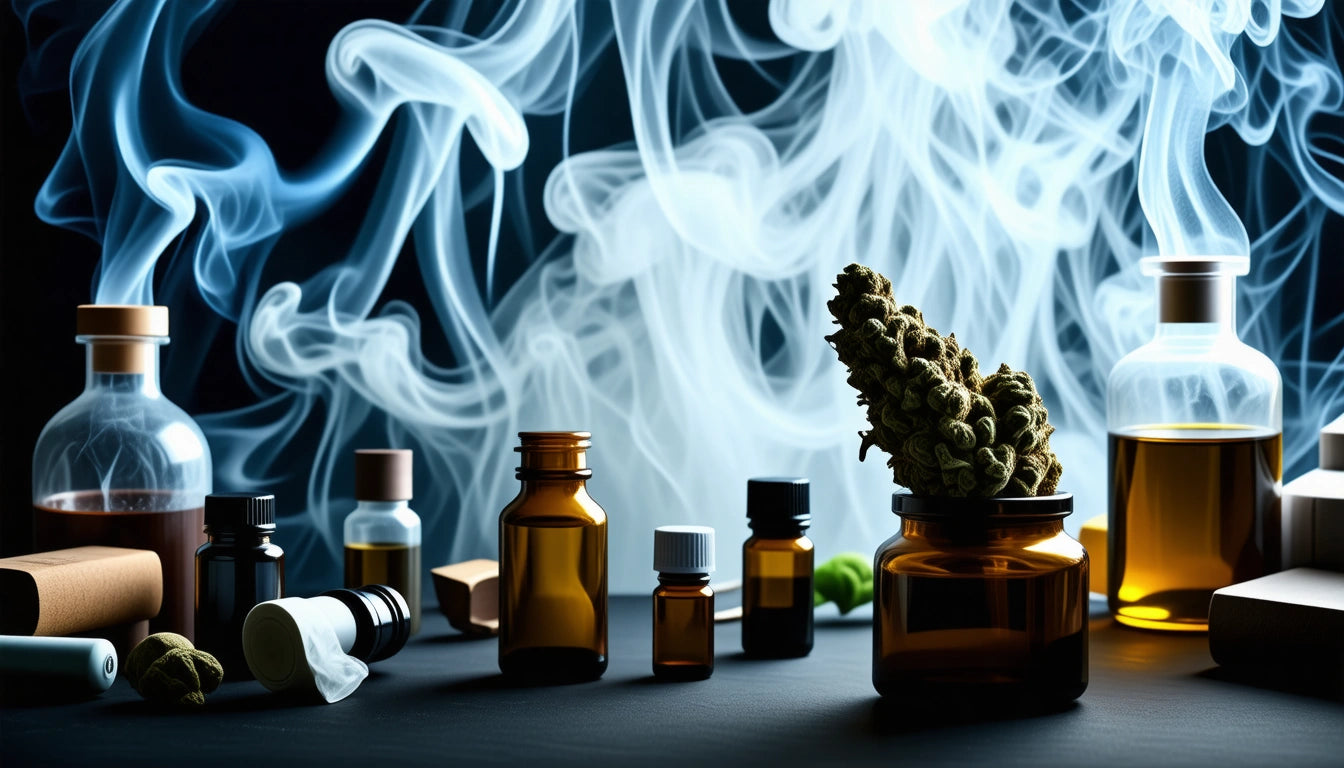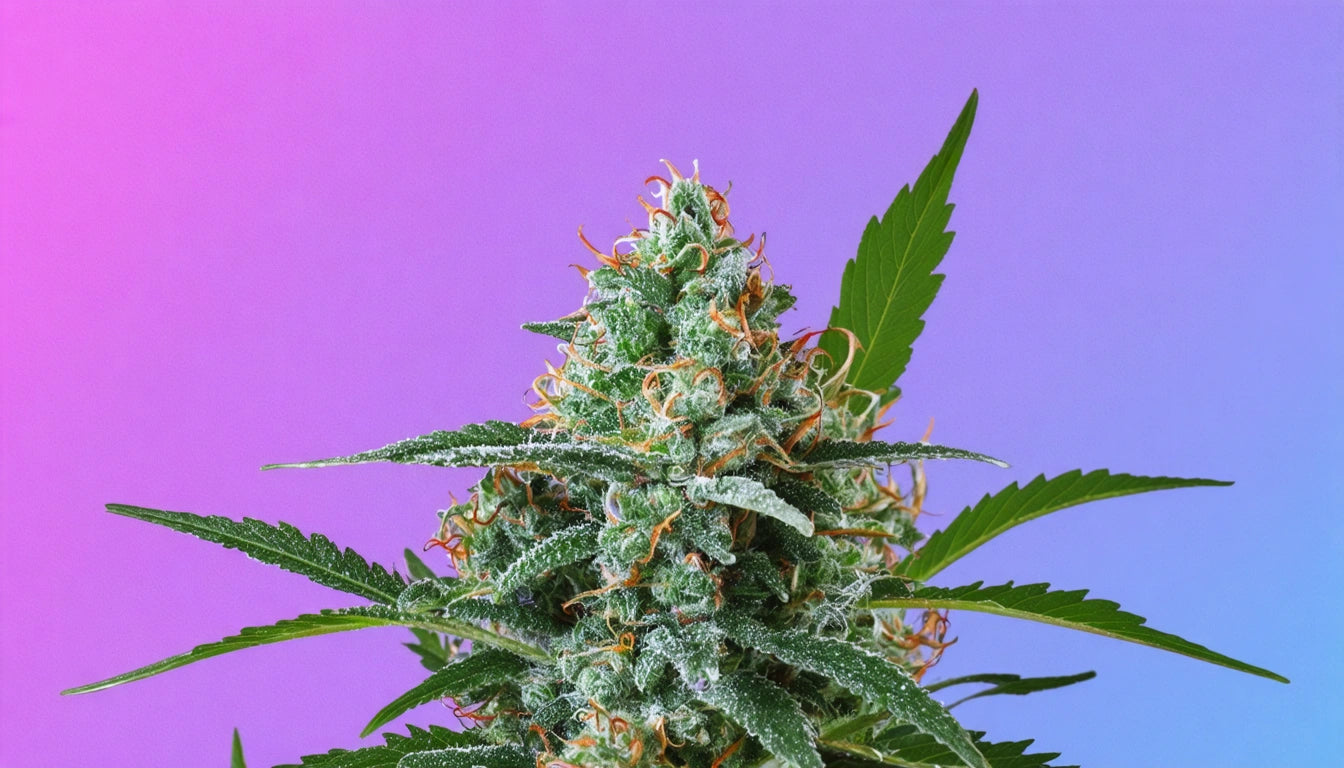Understanding Cannabis Distillates and Their Use in Vaporizers
Cannabis distillates represent one of the purest and most potent forms of cannabis concentrates available on the market today. With THC concentrations often exceeding 90%, these refined products have revolutionized how consumers experience cannabis, particularly through vaporization methods. This comprehensive guide explores what is distillate weed, its production, applications in vaporizers, and availability in dispensaries.
What is Cannabis Distillate: Definition and Basics
Cannabis distillate is a highly refined cannabis extract that has been purified through a distillation process. Unlike other concentrates that maintain plant compounds like terpenes, flavonoids, and various cannabinoids, distillate is typically isolated to contain primarily THC or CBD in their purest forms.
The defining characteristics of distillate include:
- Extremely high potency (often 90-99% cannabinoid content)
- Clear to slightly amber color
- Virtually no flavor or aroma in its pure form
- Versatile application methods
- Consistent potency and effects
According to resources on THC distillate production, this concentrate form has gained popularity due to its versatility and reliability in dosing. The refinement process removes plant matter and impurities, resulting in a clean product that can be used in multiple consumption methods.
Production Methods and Extraction Techniques
The creation of cannabis distillate involves multiple sophisticated extraction and refinement steps:
Initial Extraction
The process begins with a primary extraction using solvents like butane, CO2, or ethanol to separate cannabinoids from plant material. This creates a crude extract that still contains plant waxes, lipids, and other compounds.
Winterization
The crude extract undergoes winterization, where it's mixed with ethanol and frozen to separate and remove fats and waxes. This improves purity and clarity of the final product.
Decarboxylation
The extract is heated to convert THCA to active THC through decarboxylation, making it ready for consumption without requiring additional heat activation.
Distillation
The final and most critical step involves molecular distillation using specialized equipment that separates compounds based on their boiling points. This process, detailed in this guide on distillate usage and production, allows for the isolation of specific cannabinoids.
Distillate Vaporizers: How They Work
What is distillate vape? It's one of the most popular applications of cannabis distillate. Vaporizer cartridges filled with distillate offer convenience, discretion, and precise dosing. These cartridges connect to battery-powered devices that heat the distillate just enough to create inhalable vapor without combustion.
Key components of distillate vape systems include:
- Cartridge or tank containing the distillate
- Heating element (coil or ceramic)
- Battery with voltage control (in premium models)
- Mouthpiece for inhalation
Manufacturers often reintroduce terpenes to distillate intended for vaporizers to provide flavor profiles and entourage effects. These can be cannabis-derived terpenes for authentic strain experiences or botanically-derived terpenes for specific flavor profiles. For proper storage and handling of these products, many producers use specialized storage solutions like mylar bags that maintain product integrity and freshness while meeting compliance requirements.
Dispensary Availability: Finding Quality Distillate Products
Do dispos have weed distillate products? Absolutely. Licensed dispensaries in legal markets typically carry a wide range of distillate products, including:
- Pre-filled vape cartridges
- Disposable vape pens
- Syringes for precise dosing
- Edibles made with distillate
- Tinctures and sublingual products
When shopping for distillate products at dispensaries, consumers should look for:
1. Lab testing results showing cannabinoid content and confirming the absence of residual solvents
2. Clear packaging with complete ingredient listings
3. Information about any added terpenes or flavoring agents
4. Batch numbers and production dates
Understanding cannabis terminology helps consumers navigate dispensary menus and make informed purchasing decisions about various distillate products.
Comparing Distillates to Other Concentrates
Distillate differs from other cannabis concentrates in several important ways:
Distillate vs. Live Resin
While distillate offers purity and potency, live resin preserves the plant's original terpene profile by using flash-frozen cannabis. Live resin provides a more complete representation of the strain's characteristics and flavor, while distillate offers consistency and higher cannabinoid percentages.
Distillate vs. CO2 Oil
CO2 oil retains more of the plant's natural compounds than distillate but with lower overall potency. The CO2 extraction process is considered cleaner than some solvent-based methods but doesn't achieve the purity levels of proper distillation.
Distillate vs. Isolate
Isolate is even more refined than distillate, typically reaching 99%+ purity of a single cannabinoid. While distillate may contain minimal amounts of other compounds, isolate contains virtually nothing but the target cannabinoid in crystalline form.
For those interested in learning about other cannabis products, resources on light deprivation cannabis cultivation provide context on how growing methods affect the starting material used in extractions.
Future of Distillate Technology in Cannabis Consumption
The distillate market continues to evolve with several emerging trends:
- Minor cannabinoid distillates (CBG, CBN, THCV) for targeted effects
- Solventless distillation techniques for health-conscious consumers
- Advanced delivery systems with precise temperature control
- Integration with smart technology for dosage tracking
- Combination products featuring custom cannabinoid ratios
As extraction technology improves, we can expect even higher purity levels and more sophisticated distillate cartridge systems. The versatility of distillate ensures it will remain a foundation of the cannabis industry, particularly as vaporization continues to grow as a preferred consumption method.
With ongoing research into cannabinoid effects and improved production methods, distillate products will likely become even more tailored to specific consumer needs, further cementing their place in the evolving cannabis marketplace.











Leave a comment
All comments are moderated before being published.
This site is protected by hCaptcha and the hCaptcha Privacy Policy and Terms of Service apply.